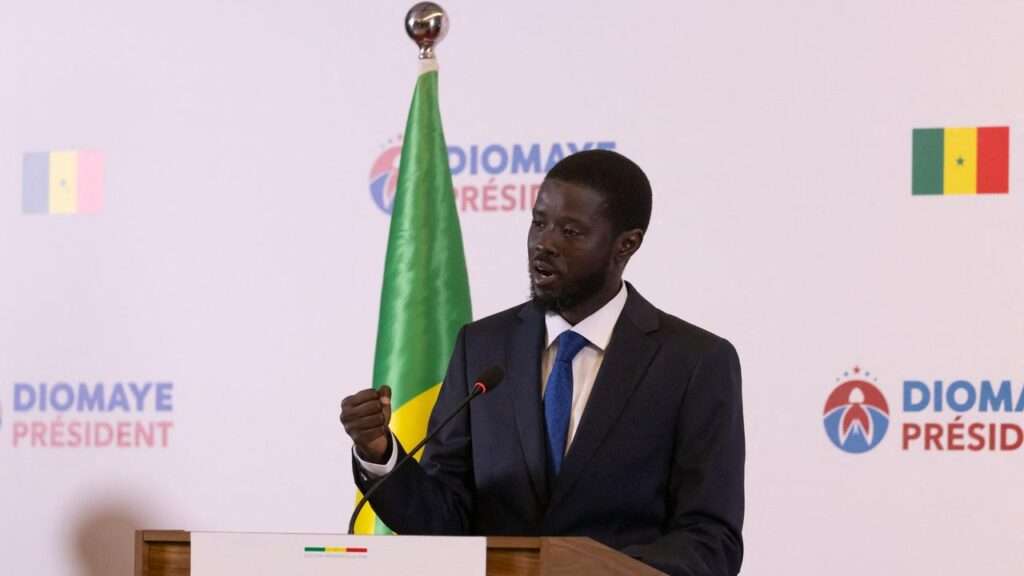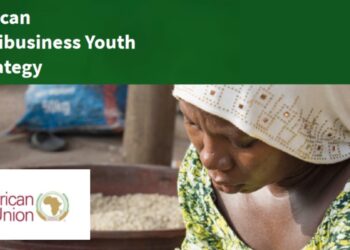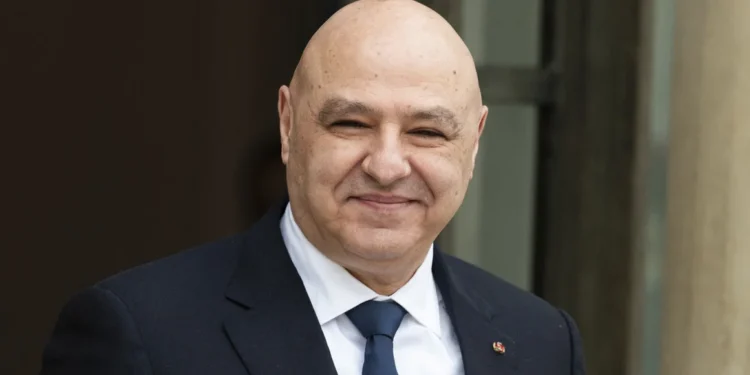The exploitation of African fish stocks by foreign countries is the new imperialism under the guise of economic partnerships.
African countries, often desperate for revenue, are naively allowing their waters to be pillaged by foreign entities, primarily from Europe and China.
These trawlers, driven solely by profit motives, engage in overfishing practices that devastate local ecosystems and deplete fish populations essential for the livelihoods of countless coastal communities.
The question arises: could African nations replicate such exploitation in the waters of powerful nations like China or Europe? The answer is unequivocally no. The glaring double standard in global fisheries management highlights the exploitation and inequality embedded within international relations.
In Senegal, the plight of artisanal fishermen facing dwindling fish stocks is worsened by the presence of foreign industrial boats that exploit and export the catch, depriving the local community of their resources.
Gueye, a seasoned sea captain, points to the grand houses nearby, highlighting the contrast between the modest fishermen and the wealthy residents. With fish stocks shrinking and foreign boats moving in, local fishermen face an uncertain future.
A fisherman said, “We can see the inequalities with our own eyes.”
However, there’s newfound optimism with the inauguration of the country’s youngest president, Bassirou Diomaye Faye.
Faye’s ascent to power comes after years of political turmoil, including a recent attempt by outgoing leader Macky Sall to postpone the elections. At just 44 years old, Faye represents a beacon of hope for many marginalized Senegalese fishermen who have felt neglected by previous administrations.
He aims to tackle the injustices faced by the fishing community and bring about meaningful change in the management of marine resources, offering a promising future for a sector vital to Senegal’s economy and cultural heritage.
“[Faye] knows how much a kilogram of rice costs,” said Gueye, “he’s young, he was born in poverty, he didn’t go to private schools abroad – he’s one of us.”
During President Sall’s tenure, Senegal witnessed a significant decline in its fish stocks due to legal fishing activities by foreign industrial trawlers, primarily from China and Europe.
These trawlers, operating under contracts with the government, depleted the once-rich fishing grounds, leaving artisanal fishermen struggling to make ends meet with meager catches.
The scarcity of fish also resulted in a sharp increase in local fish prices, impacting the nutritional intake of many Senegalese citizens. Seafood constitutes approximately 40 percent of the animal protein consumed in Senegal, based on 2017 statistics.
In 2018, Senegal’s legal fish exports exceeded $490 million, comprising 10 percent of total exports, ranking just below phosphates, oil, and gold in economic significance.
However, the country faces an annual loss of $272 million due to unauthorized and illegal industrial fishing by foreign vessels, as reported by the Institute for Security Studies.
Despite these challenges, the fishing industry contributes nearly 1.8 percent to Senegal’s GDP, providing over 600,000 jobs, although this number could be higher due to underreporting and lack of registration within the sector, according to the Environmental Justice Foundation.
The decline in fish stocks threatens the livelihoods of many individuals who rely directly or indirectly on fishing. As a result, a significant number of fishermen opt to migrate to other countries or undertake perilous boat journeys to Spain’s Canary Islands, utilizing their sailing skills. In 2023, the UN refugee agency recorded over 15,000 arrivals to Spain via these routes.
But now, the president-elect wants to change the fate of fishermen.
An Agreement To ‘Steal’ Resources

Bassirou Diomaye Faye unveiled his election agenda earlier this month, outlining plans to safeguard the livelihoods of artisanal fishermen by moving their exclusive fishing zone 20 kilometers (12.4 miles) further away from foreign vessels.
Additionally, he proposed the creation of a National Plan for the Immersion and Management of Artificial Reefs. This initiative aims to restore marine habitats and ecosystems that have been harmed by both industrial and artisanal fishing activities over the years.
“We will apply without concession and in all its rigor the regulations on sea fishing to put an end to the political and complacent management of the sector,” said Faye.
Ahead of the election, Faye joined fellow candidates in endorsing a sustainable fishing charter, a move facilitated by Senegal’s National Coalition for Sustainable Fishing and backed by Greenpeace. This charter, signed during the campaign this month, entails several key pledges.
Firstly, it commits to monitoring stock management at a sub-regional level. Secondly, it promises to conduct audits on the fishing agreement with the European Union, ensuring transparency and accountability in this regard. Lastly, it proposes dedicating a share of the revenue generated from oil and gas exploitation to bolster the fishing sector.
READ ALSO: Government Suspends PSRL





















